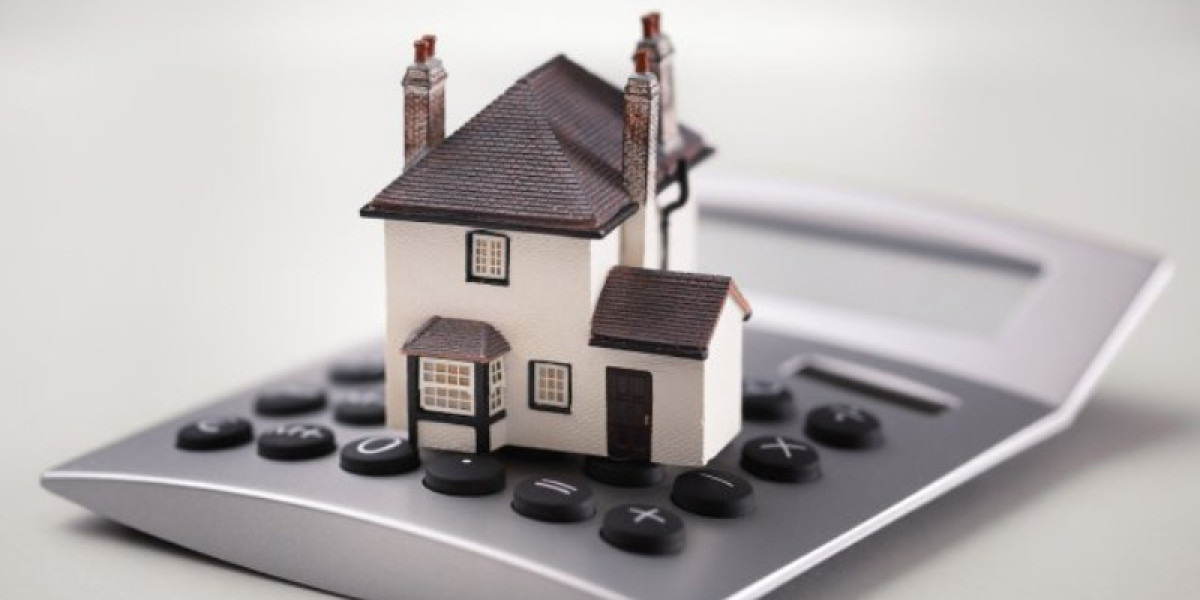What Is Commercial Property?
Commercial property refers to real estate used primarily for business purposes. This includes:
Office spaces
Retail shops
Warehouses and logistics hubs
Industrial buildings
Shophouses
Unlike residential properties, commercial spaces are rented out to businesses and corporate tenants, which often sign longer-term leases and pay higher rents.
Benefits of Commercial Property Investment
1. Higher Rental Yields
Commercial properties usually provide better rental returns compared to residential properties. Yields can range between 4% and 7%, whereas residential yields in Singapore often hover around 2–3%.
2. Longer Lease Agreements
Businesses tend to sign longer leases (typically 2–5 years or more), offering greater stability in rental income.
3. Less Maintenance
Tenants are typically responsible for maintenance, furnishing, and renovations in commercial leases, reducing your long-term costs.
4. Diversification
If you’re already invested in residential or REITs, commercial properties help spread your risk, especially across different sectors (e.g., office vs retail).
Key Locations to Consider
1. CBD (Central Business District)
This includes Raffles Place, Marina Bay, and Shenton Way — Singapore’s prime commercial zones. While prices are higher, rental demand is strong.
2. Fringe Business Districts
Areas like Tanjong Pagar, Bugis, and City Hall offer slightly lower prices than the CBD but still benefit from great accessibility and urban appeal.
3. Industrial Zones
Tuas, Jurong, and Woodlands are ideal for industrial spaces and logistics hubs. These areas are especially appealing to SMEs and logistics companies.
4. Suburban Retail
Investing in mall units or retail shops in areas like Tampines, Serangoon, and Pasir Ris can generate high footfall if positioned near MRTs or residential clusters.
Popular Types of Commercial Properties
? Office Spaces
Grade A offices in the CBD continue to be in demand, especially among MNCs and startups. Flexible workspaces have also gained traction post-COVID.
? Retail Shops
Street-facing retail spaces and strata-titled units in malls remain attractive for F&B and lifestyle brands, though online shopping has affected demand in some sectors.
? Industrial Property
For B2 (heavy industry) and B1 (light industry) use, investors can find long-term leases with logistics and manufacturing firms.
? Shophouses
Conservation shophouses in Chinatown, Little India, and Kampong Glam are popular due to their unique heritage value and flexible usage (office, retail, or F&B).
Who Can Invest?
Singaporeans & PRs: No restrictions on purchasing commercial property.
Foreigners: Also allowed to purchase most commercial properties without Additional Buyer’s Stamp Duty (ABSD) — a major benefit compared to residential investments.
Financing & Costs
✅ Loan-To-Value (LTV)
For commercial property, banks usually offer up to 80% financing, depending on your credit profile and property type.
? Additional Costs
Buyer’s Stamp Duty (BSD): Payable on all commercial properties.
Legal Fees: Around 0.3–0.5% of property value.
GST: 9% GST may apply to new commercial units if the seller is GST-registered.
Risks to Watch Out For
? Market Cycles
Commercial properties are more sensitive to economic downturns. A recession could affect tenant demand and reduce rental income.
? Strata Ownership Issues
If buying a strata-titled unit (e.g., one office in a commercial building), collective decisions can be slow or inconsistent.
? Vacancy Risk
Unlike residential units which are easier to lease, commercial spaces may take longer to find tenants, especially if poorly located.
Tips for Investing Wisely
1. Pick the Right Location
Prioritize accessibility, nearby MRT stations, business clusters, and amenities. Proximity to major roads and hubs boosts both demand and resale value.
2. Study the Tenant Profile
Choose a property type and location that suits stable business tenants, such as medical clinics, tuition centres, or professional services.
3. Work With a Property Agent
A commercial property agent can help you identify good deals, understand zoning laws, and negotiate lease terms with potential tenants.
4. Review URA Master Plan
Check the Urban Redevelopment Authority (URA) Master Plan to understand future zoning changes, developments, and land use that may impact your property’s value.
Should You Consider Commercial REITs?
If buying a physical unit isn’t feasible, consider Singapore REITs (Real Estate Investment Trusts). Many focus on commercial real estate such as offices, malls, and logistics centers.
These are listed on the SGX, provide regular dividends, and offer a low-barrier entry point for real estate exposure.
Conclusion
Investing in commercial property in Singapore is a compelling option for those looking to grow their wealth with solid rental yields and long-term capital appreciation.
However, it requires thorough research, an understanding of market dynamics, and strategic planning. Whether you're buying an office unit, a retail space, or an industrial warehouse, smart investments in Singapore’s commercial sector can generate consistent and rewarding returns.
Important Links
Boulevard Coast Jalan Loyang Besar EC
How to Buy a Condo in Singapore as a Foreigner
Understanding the Loan to Value (LTV) Limit in Singapore Real Estate
What Is Option to Purchase in Singapore
Resale Levy for Second-Time HDB Buyer
What Every Homebuyer in Singapore Should Know








